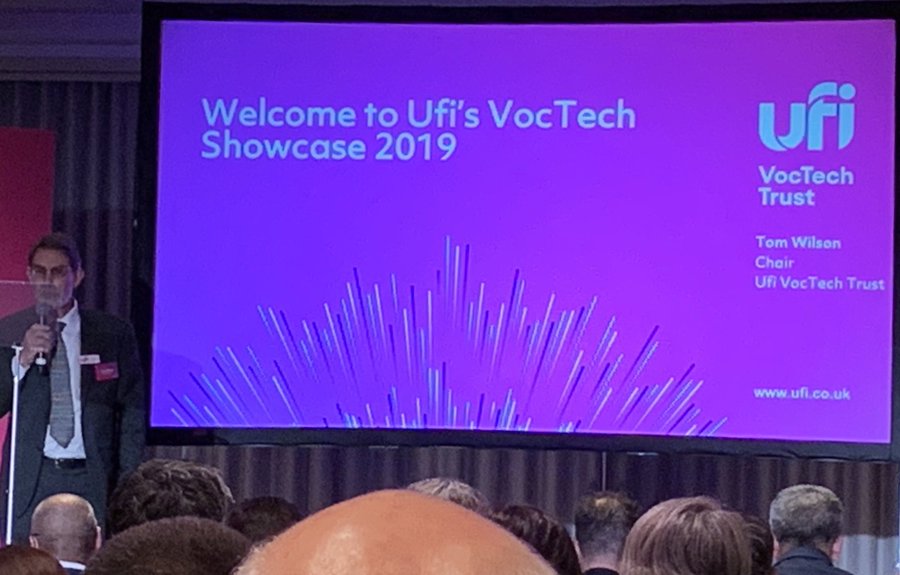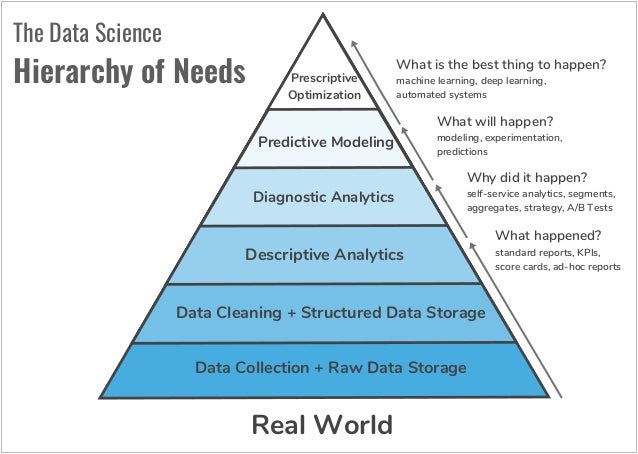
It does not seem that long ago that I met with Donald Clark , Bob Harrison and assorted others in a meeting room borrowed from City and Guilds in London to offer some advice on what kinds of activity and what models should be adopted around distributing the funds from the UFI Trust.
It is great that it has gone from strength to strength - and very timely - in England the monies arrived just as public funding dried up for innovation in educational technology and the Further Education Learning Technology Action Group started looking around for models and partners to deliver more blended learning and assessment in vocational learning. To some extent the UFI Trust monies have filled a gap that might otherwise have come from BECTA , Jisc or other agencies that had funding pots to encourage innovative practice. There is now a strong and growing legacy.
In Scotland while there has been no such drivers in the vocational space, we have been able to adopt some of the out puts from the UFI Trust and a number of Colleges have benefited from funding for a range of projects. But a good model for both current #digitalambition work in Scotland and broader UK #CollegeFutures work to take a careful note of.
It was great to see projects past and present on display and meet some old friends and colleagues. It is good to see those who innovate in education being constantly resilient and inventive - and great too to meet new people and projects trying to shake things up. This is a list of all this years crop of projects .
Note these are mixture of private and public organisations - this is seed funding for sustainable projects so different from some of the more speculative experimental projects that may have been funded in past with EU Monies. The projects are funded here on their basis to be revenue generating and self sustaining when UFI funding ends.
City of Glasgow College have a number of projects funded with #UFITrust funds past, live and in development with a range of commercial partners.
Here are my own take a ways - some from wandering around the stands and some from networking at event.
1. The great work done by Open University with Cisco - is open and available to any College . I am going to bring them up and see how we can get these materials used more widely. These are free.
2. STEM resources - I've come across Learning Science and these materials before and I made some high level sector introductions . I don't think things moved on from there - so will bring them up for a conversation - their simulated lab materials are used widely in the HE Sector. They now have a special offer for maths and engineering. Interested in price point.
3. Aftab and ADA Bolton College's digital assistant - just goes from strength to strengh - I'll shine a light on this again - I think model is great. The struggle in institutions is that this is so new and cuts across lots of silos - challenge is not technology but culture and ownership of data - that is the barrier to getting more projects like this moving. ( we have some interesting conversations happening with Google and Amazon services in background)
4. I like the 'engineering apprentices mate' materials nice simple training materials . I'll take these links back to relevant College team. Looking for website that takes me straight to the materials.
5. If you are a college teaching dental nurses , dental receptionists then CHOMP looks great and from a very passionate team - turning learning into gaming.
I had some great chats around the room and would be great to get a similar showcase event in Scotland -waving too at Vikki and https://set.et-foundation.co.uk/etf/ who are doing great job with focus on digital learning skills for College lecturers in England.
Always happy to make introductions to those in Scottish sector who are willing and able pick up opportunities.
All the projects are worth a look , I've just sampled the ones that caught my eye.
And I've a few other leads to follow up.













